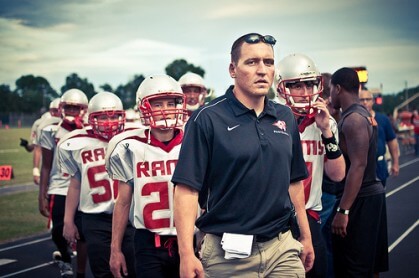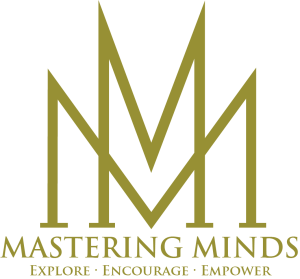After 37 years of my career—I’ve drawn two conclusions about coaching:
- My ego can blind me from accurate self-evaluation.
- The best test to evaluate my coaching is to ask the recipients of it.
Most of the athletic coaches I meet each year are good people. But pause and consider these three statements:
- You coach at a high level (in part) because you are competitive.
- Our competitive nature can be enlarged by our strong egos.
- Our egos are the greatest source of personal blind spots.
This means, a person who assumes he or she is a great coach may not be at all.
Want proof?
Jack Zenger and Joseph Folkman, from the Harvard Business Review, recently reviewed the research on coaching in the business world. They report:
“We examined data on 3,761 leaders who assessed their own coaching skills and had the courage, afterward, to have others give them assessments as well. We analyzed those who overrated their coaching skills and compared the results with those who’d underrated.
“What we found: 24% of the leaders in our sample had overrated their skills. Just as many adults believe they are far above average in their driving skills or in possessing common sense, this group believed they were above-average coaches.”
Zinger and Folkman were curious about the effect of this overrating. They write:
“On average, those who underrate their skills are above average in their overall coaching effectiveness (reaching the 57th percentile). Those who overrate themselves, however, are significantly below average, reaching only the 32nd percentile. This phenomenon was described by two Cornell psychologists, David Dunning and Justin Kruger, who observed that for any given skill, incompetent people fail to recognize their own deficiencies and don’t recognize the skill in others. The lower an individual is on any scale of measurement, the more out-of-touch they tend to become.”
In other words:
- If you felt you were better than average you were most likely to be below average; actually in the bottom third.
- If you felt you were below average, you were most likely to be above average; actually in the top half.
I believe that athletic coaches can learn some lessons from business coaches.
My Challenge to Coaches Everywhere
I’d like to invite you to take a challenge that I’ve taken with students. Knowing that my perspective can be skewed by my own blind spots, I’ve asked the students under my leadership to evaluate my skills. To keep the assessment objective, I add:
- Remember, I am looking for your honest feedback based on how well I helped us (and you individually) reach our goals— not on how easy or fun I was.
- Please be specific if you have criticism, so I can actually improve. The more vague you are, the less chance you have of getting an improved coach.
- If you offer constructive criticism, please try to also provide any suggestions on how I can improve or overcome my weakness.
This 360 Degree feedback has been the most difficult but wonderful guidance on how well I’m leading my students. ‘Twas the best of times, ‘twas the worst of times.” But I wouldn’t trade it in for anything. Why? Because I tend to grow in two circumstances:
- Watching someone who’s better than me.
- Inviting honest feedback on my performance.
Our current team, at Growing Leaders, consistently practices this 360 Degree feedback. One of our members just spoke to our team on a particular topic, and when he finished every team member offered both positive comments on “what really worked well” from his talk and “what he could do to make it better.” He was elated to receive the comments—and is already on his way to getting better.
So, my question for you is simple: who says you’re a good coach?

Source: Tim Elmore On Leading







Leave Your Reply